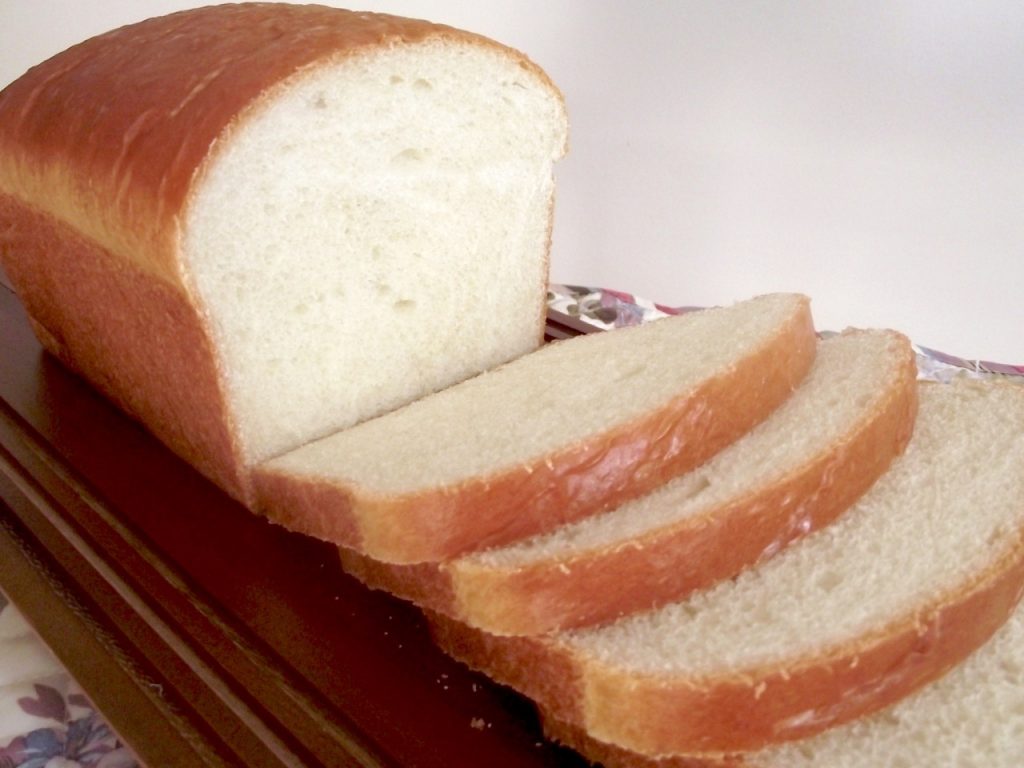
June 6. 2021; Mark 14:12-16, 22-26; Corpus Christi
For as far back as he could remember, Paul ate his grandmother’s bread. For him, his grandmother’s house was a place of love, comfort, and good times. But whenever she knew that he was coming, the kitchen was filled with the aroma of bread baking. Paul ate her bread when he was a child, when he proudly brought his crayoned drawings which showed his grandma’s house with smoke coming out of the chimney and grandma waving to him through the window. He ate her bread with his eighth-grade friends when they stopped in after a summer softball game. He cried over the bread when Lisa, the first true love of his life, dumped him for the class football star. He ate the bread with grandma when he left to study overseas and each time he returned home to visit.
As grandma grew older, it was harder for her to make bread. Her hands were gnarled with arthritis. But when she knew that Paul was coming, she would get up early and slowly mix the batter and knead the dough. Paul knew how much it cost her to make bread, but he never suggested that she should stop. It was too important. The bread was the bond of their relationship. After grandma died at the age of ninety, Paul found a recipe written on a small index card in her kitchen. The heading on the card was simple. It read: “Paul’s Bread.”
Paul decided to make the bread himself. After his first try, his mother called on the phone. “Well, how did it go?” she said. Paul answered, “It’s not as good as grandma’s. But it is worth it, because when I placed the first piece in my mouth, I could still taste her love.”
Today we celebrate the great mystery of the bread and wine that Jesus left us, the Eucharist. In our faith, we believe that Jesus is present in the Eucharist in a real way—present not just because we remember him, but present body, blood, soul, and divinity. Jesus’s presence in the Eucharist is unique. Yet Paul’s experience with his grandmother’s bread still has something to say to us about the Eucharist. The very purpose of this sacrament is to unite us with someone we love and to remind us of the way he has loved us.
Each time that we eat this bread or drink this cup, we should recall the many times that Christ has blessed us. We should recall the joy we felt on our wedding day or the relief that was ours when our first child was born safe and strong. We should remember how Christ stood with us as we faced cancer or grieved the loss of a dear friend. We should never make receiving the Eucharist a routine. Each time we approach this altar, we should remember our history with Jesus and the many ways in which he has cared for us. The Eucharist unites us to our risen Lord. As we receive him today, let us be sure to taste his love.
